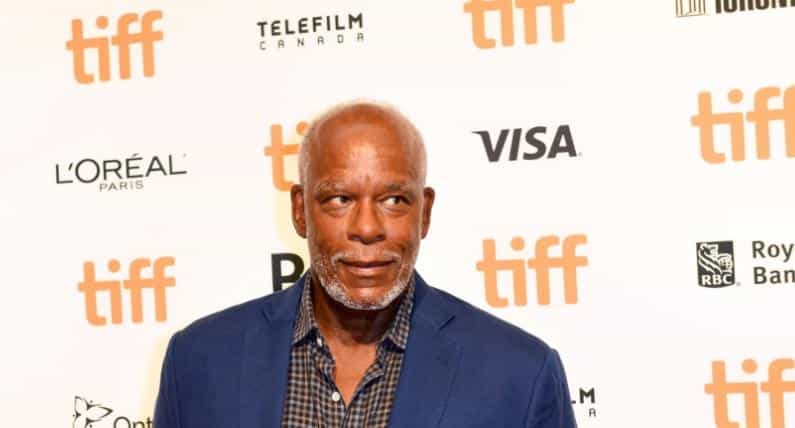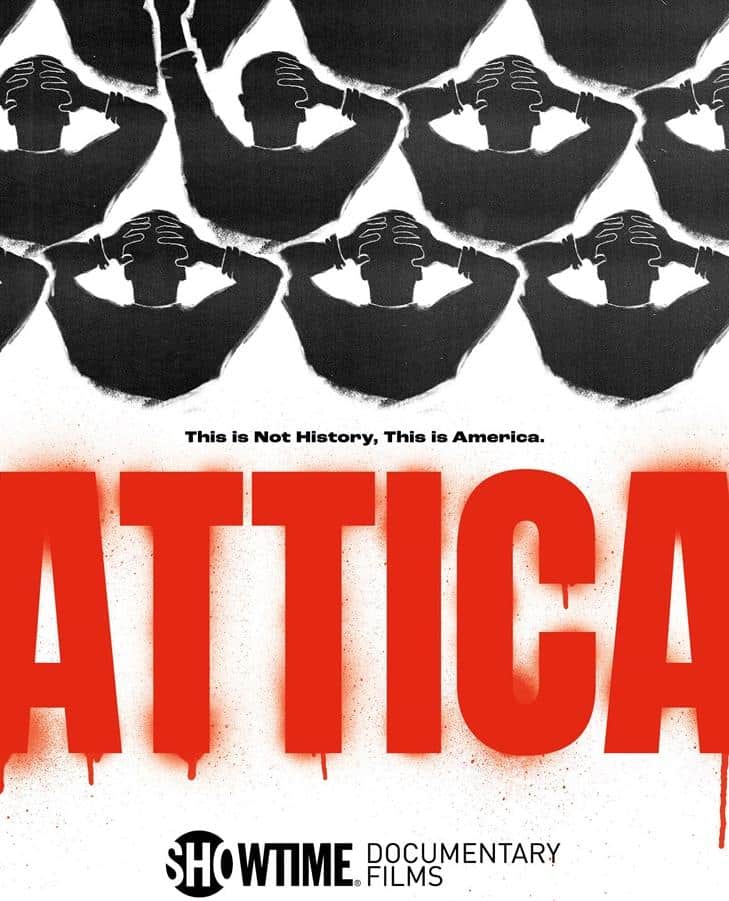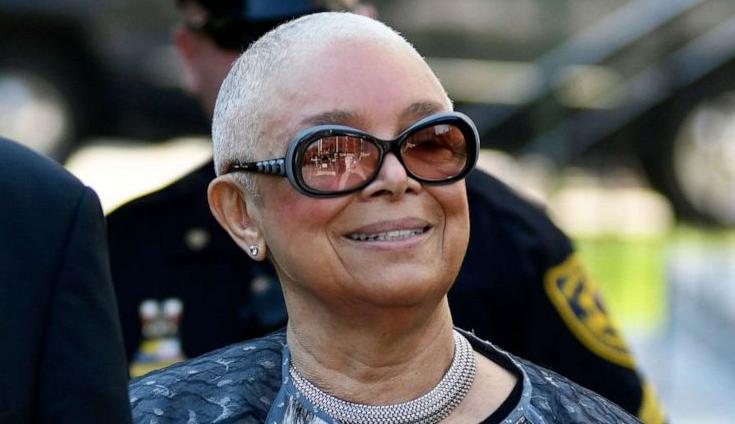*On Saturday, November 6, 2021, at 9:00pm EST, SHOWTIME premiered “ATTICA,” an in-depth and riveting documentary about the most violent and deadliest prison uprising in the history of America – perhaps the world. The documentary is produced and directed by Emmy-award-winning documentarian Stanley Nelson and co-produced and co-directed by Traci A. Curry.
On the morning of September 9, 1971, Attica, a maximum-security level prison in upstate New York long known for its brutal conditions and inhumane treatment of prisoners – especially Black inmates – exploded when more than 1,200 prisoners took 39 prison guards as hostages. For four days, the inmates attempted to negotiate for more humane treatment and better prison conditions, while several hundred heavily armed law enforcement personnel stood vigilant outside of the prison and camped on rooftops overlooking the prison yard where the prisoners convened for four days.
“This is a film that I always wanted to do,” said Nelson, a veteran filmmaker. “In 1971, I was in college. But over the years, I knew the story had never been fully and truthfully told. I knew there was so much more about Attica that I didn’t fully understand. And there was so much that the public didn’t know. I knew now was the time to make this film.”
MORE NEWS ON EURWEB: A Conversation with Dr. Harsha Rajasimha on Dire Need to Diversify Clinical Trials | VIDEO

The four-day standoff, covered by national and international news outlets, also got the full attention of New York Governor Nelson Rockefeller, a proponent of a strict law-and-order platform. It was Rockefeller who ordered state police to retake control of Attica, which set off a grim chain of events that resulted in more than 3,000 rounds fired at the prisoners amid a thick haze of tear gas. The mass shootings caused the death of 29 inmates, 10 hostages, and more than 100 others hurt and wounded. What happened at Attica has been called the most-deadly acts of violence that Americans have ever inflicted on other Americans since the Civil War.
According to Nelson, the documentary, a bold look at race, class, power, and the serious need for major prison reform, was made possible through original interviews with former inmates of Attica, family members of the hostages, and others who witnessed the rebellion firsthand. Nelson adds that his documentary includes never-before-seen archival footage from inside the prison during the four-day uprising, which is surreal as the film captures the raw emotions of the prisoners, hostages’ families, law enforcement personnel on the scene, and political figures, including Rockefeller and President Richard M. Nixon.
“What happened at Attica was definitely before my time,” said Curry, who wasn’t born at the time of the deadly prison murders. “But in many ways, the making of the film was an education for me and the importance of prison reform. We don’t expect people to go to prison and be brutalized and dehumanized. There are two million human beings living behind prison walls today in the United States. For people who will see our documentary, it’s an opportunity and invitation to do something positive about prison reform.“

Based on the documentary, just before law enforcement personnel stormed the prison to regain control of Attica, a helicopter flew over the prisoners who filled the prison yard. The documentary clearly shows that the New York State Police were not interested in the prisoners surrendering peacefully, even after the message: “Surrender with your hands up. You will not be harmed” was heard from the helicopter’s speakers. The disingenuous message repeatedly played while bullets rained down on the unarmed disoriented prisoners and hostages. In essence, the prisoners never had a chance to surrender peacefully.
The 118-minute documentary also chronicles the attempts by state police and other law enforcement agencies and officials to cover up the tragic and wrongful killings at Attica. Surviving inmates were threatened, beaten, and severely warned about talking to anyone about what happened during the Attica uprising, especially how it concluded.
“The original report stated that the hostages had their throats cut by the enraged prisoners when the gunfire began,” Nelson explained. “The next day, the medical examiner reported the truth, which said all who were killed – prisoners and hostages – were killed by the gunfire of law enforcement. The prisoners didn’t have any guns.”

For Nelson and Curry, it wasn’t easy finding and persuading former inmates to talk about the Attica uprising, even 50 years later and during the COVID-19 pandemic.
“In some ways, the pandemic created so much time for us to be in our individual silos doing the work,” Curry said. “I had the space, opportunity, and time to dig and dig to locate people and interview them, after getting them to trust me about sharing their horrific stories on camera.”
“This was a profoundly traumatic event for many people,” Nelson added. “People initially were not jumping to recount all the details of the most traumatic event that has ever happened to them. But after being as transparent with them about our intentions and the reasons why we were making this documentary and telling their stories, I found the people were very willing to go back and relive and share and talk about it, even though feelings and emotions are still very much present – and it comes through in the film.”
While there is no amount of money to compensate for the loss of a human being’s life, the documentary reports that in 2000, following a lengthy legal battle, former Attica prisoners won a $12 million settlement from the state of New York. And in 2005, the surviving hostages and the families of the hostages killed at Attica accepted a $12 million settlement from the state of New York.
We Publish News 24/7. Don’t Miss A Story. Click HERE to SUBSCRIBE to Our Newsletter Now!





